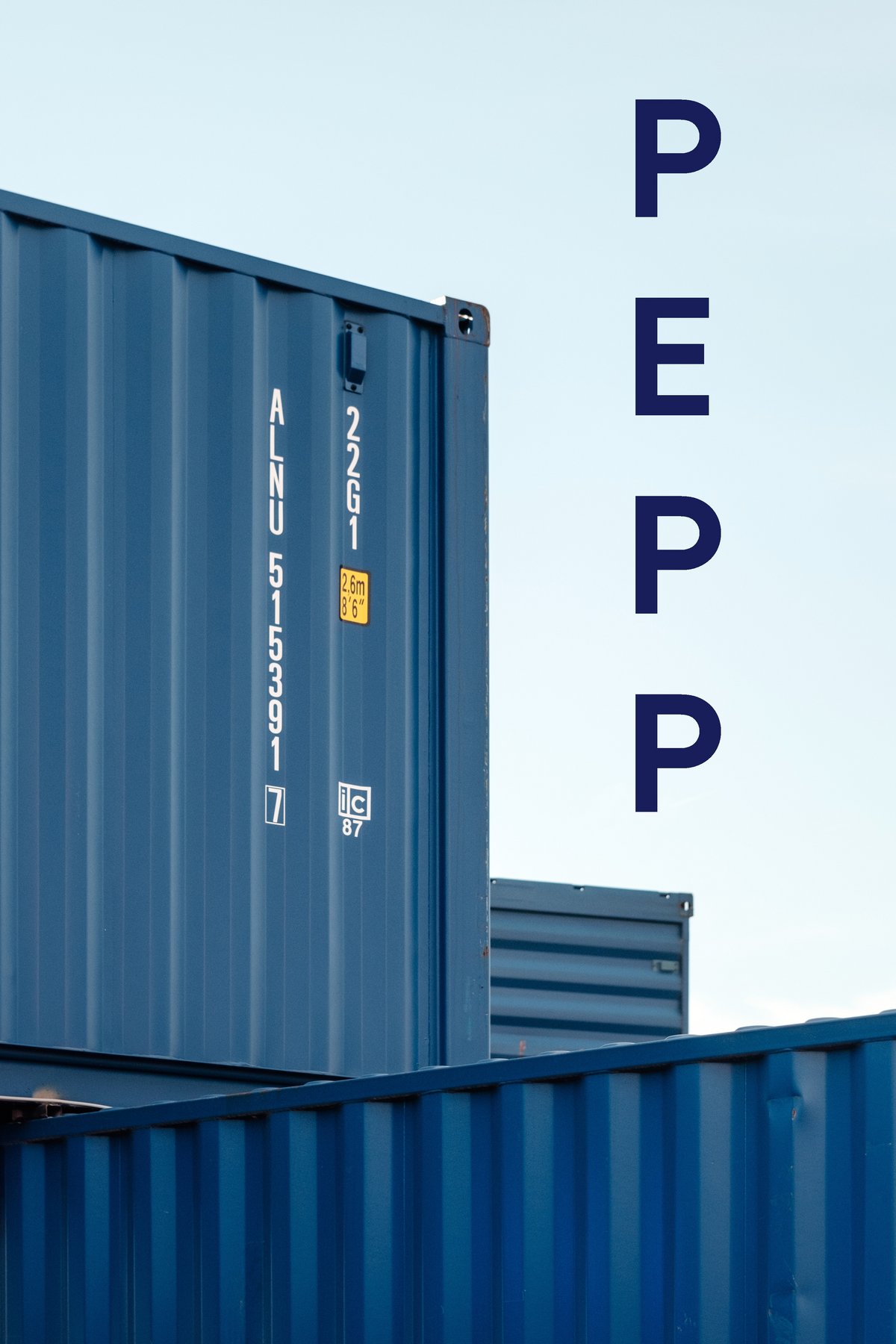
The Port of Tema in Ghana has gone through major changes over the past 8 years as part of a 2014 master plan prepared by JICA for the Ghana Ministry of Transport. The purpose of the plan is to ensure Ghana’s competitiveness as part of the West Africa Growth Ring (WAGRIC), which encompasses Ports and cities in 7 West African countries. An international consortium MPS (Meridian Port Services) consisting of the Ghanaian Port and Harbor Authority, Bolloré Logistics and APM Terminals, a part of the Mærsk Group, has built and is now administering a new state of the art container terminal in Tema. The consortium has been the center of great political furor in the Ghanaian media landscape. The current government of the NPP accused the former government of NDC for having provided the MPS with far too advantageous and loose terms in the contract concerning the facility and its future management. Furthermore, the media-debate in Ghana has particularly taken notice of the loss of jobs in the Port, because the highly technologically developed terminal can handle greater amounts of containers with fewer employees than before.
A Danish-Ghanian group of researchers from Aarhus University, University of Ghana and the Regional Maritime University of West Africa has tracked the development closely during the last three years. The researchers have, amongst other topics of interest, studied the implications of the terminal construction, the influence of perceived political interference and social imaginaries on the implementation of digital transformation, and the values underpinning capacity development in private and public sectors connected to the Port.
Immediately, the new MPS terminal has led to the loss of jobs in certain sectors of the port, but in a greater perspective, the terminal will also lead to increased job-opportunities other places in Ghana, such as the Northern Region. The Port of Tema finds itself in strong competition with the ports of Abidjan in The Ivory Coast and the port of Lomé in Togo. Competition between the ports especially concerns the trans-shipment of goods to and from the landlocked countries of Burkina Faso and Mali. In order to make importers and exporters choose Ghana as their route for shipping, Ghana must be able to offer modern and effective port facilities, that can compete with those of the neighboring countries. This involves investing in larger cranes and deeper waterways, for the much larger containerships of international shipping firms to berth at the port. The Port also opens up possibilities for new local service industries.
Increased container traffic in and out of Ghana also means enhanced possibilities of trade on the North-South route of Ghana. Importers, exporters, and shipping companies delivering goods one way will have an interest in also transporting goods the other way to avoid loss-making returns without goods. This means great opportunities for sales and export of locally produced goods from Northern Ghana as well as increased availability of national and international products in the region.

